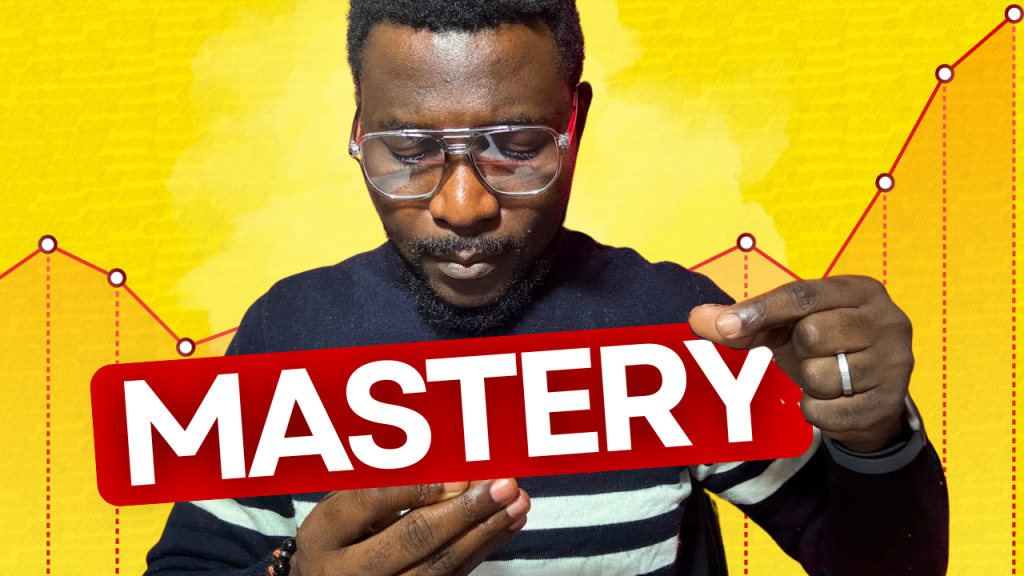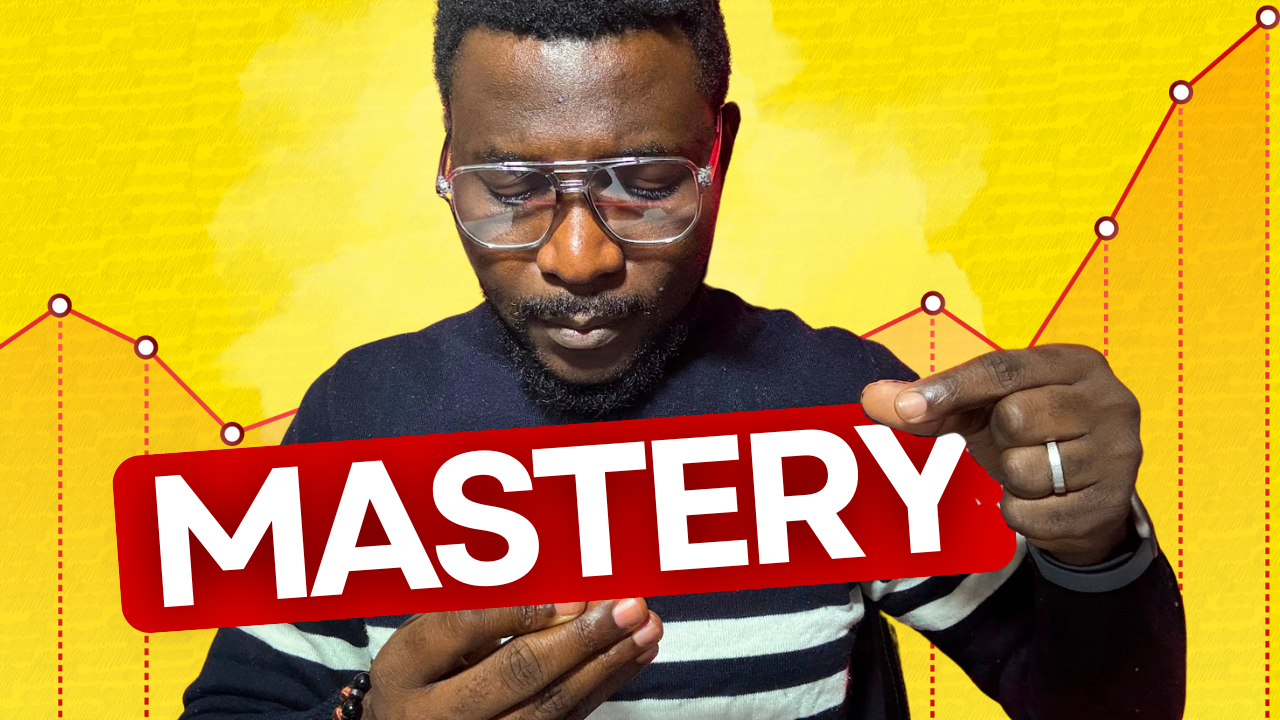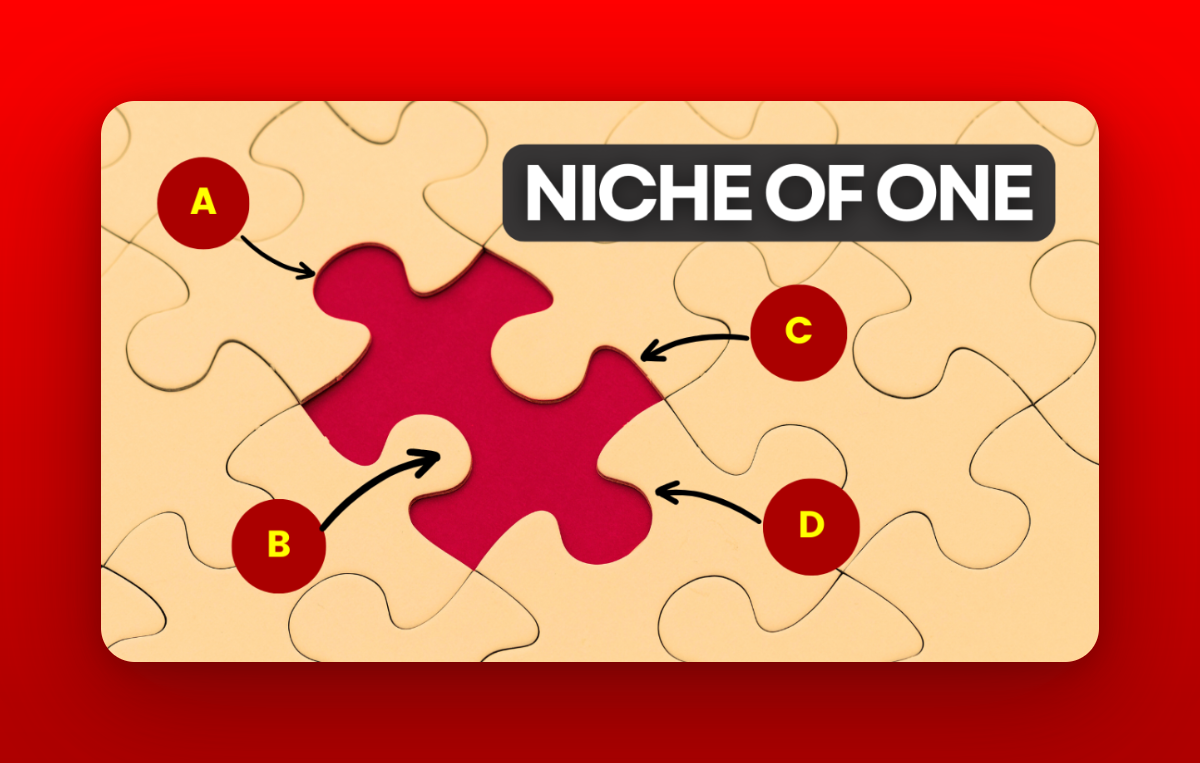Are you someone who has diverse interests and talents? Do you find yourself constantly eager to learn new skills and tackle new challenges?
As a “jack of all trades” or polymath myself, the thing is you have a unique ability to master multiple skills in less time than traditional specialists.
In this article, we’ll dive into the science and strategies behind how you can leverage your natural tendencies to become a true expert across various domains.
Understand the Stages of Skill Mastery
The key to becoming a master of multiple skills lies in understanding the stages of skill acquisition. There are two powerful models that explain this process:
The Dreyfus Model of Skill Acquisition
This model outlines 5 progressive stages:
- Novice: You have little to no experience in a skill. You rely heavily on rules and guidelines to perform tasks, and may struggle with complexities.
- Advanced Beginner: You start accumulating relevant experiences that allow you to recognize patterns and perform tasks more fluidly.
- Competent: You develop a deeper understanding of the skill, allowing you to make decisions and deliver consistent performance based on your own judgement.
- Proficient: You have an intuitive grasp of the skill, able to adapt and rise above rigid rules as you instinctively handle situations and problems.
- Expert: You’ve gained extensive, experiential background in the skill. You can innovate, redefine practices, and operate with a high degree of flexibility.
The 4 Stages of Competence
This model looks at the journey from unconscious incompetence to unconscious competence:
- Unconscious Incompetence: You don’t know what you don’t know – you’re unaware of your lack of skill in a particular area.
- Conscious Incompetence: You recognize your lack of skill and the value in learning the new skill.
- Conscious Competence: You can perform the skill, but it requires significant focus and effort.
- Unconscious Competence: The skill becomes second nature, allowing you to perform it automatically without conscious thought.
Leverage Your “Jack of All Trades” Advantage
As a polymath, you have a unique advantage in navigating these stages of skill mastery. Here’s how:
1. Compress the Learning Curve
Due to your brain’s wiring and natural tendency to make connections across diverse areas, you can often compress the typical 30-month learning curve into just 30 weeks or even 30 days! Your ability to “follow the flow” and adapt quickly allows you to progress through the skill stages faster than specialists.
2. Leverage Transferable Skills
When learning a new skill, you can draw upon your past experiences and “transfer” relevant skills and knowledge. For example, if you’ve mastered driving a manual car, transitioning to an automatic car is much easier, as you only need to learn the new control placement rather than the entire driving process.
3. Achieve Unconscious Competence Quicker
Your brain’s flexibility allows you to more rapidly achieve the “unconscious competence” stage, where a skill becomes effortless and automatic. This frees up your conscious mind to focus on learning new skills in parallel, rather than getting stuck in the conscious competence phase.
Putting this Into Practice
To maximize your “jack of all trades” potential:
- Identify skills you want to master and map them to the skill acquisition models.
- Actively seek out opportunities to transfer existing knowledge and experiences.
- Embrace the process of skill development, focusing on consistent practice over time.
- Cultivate self-awareness to recognize when you’ve reached new competence levels.
- Leverage productivity tools and techniques to manage your diverse interests and learning.
By understanding the science behind skill mastery and embracing your unique cognitive strengths, you can unlock your full potential as a polymath. Get ready to amaze yourself and the world with your rapidly expanding expertise!



